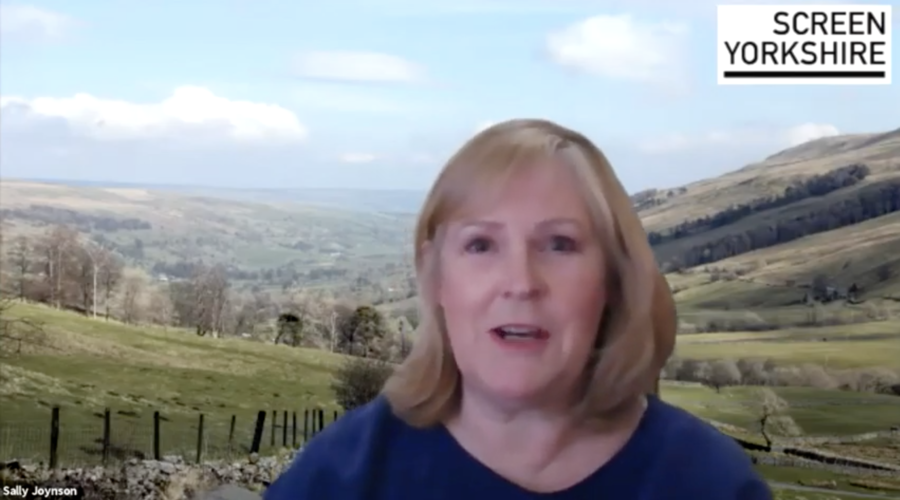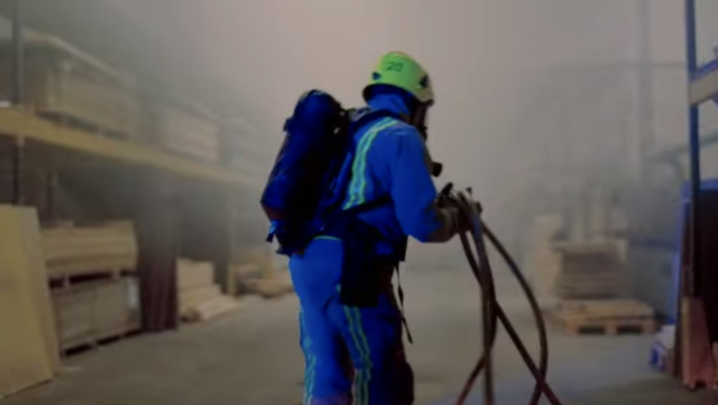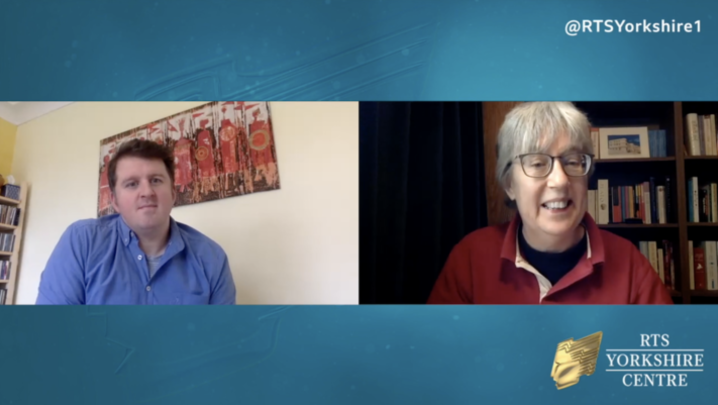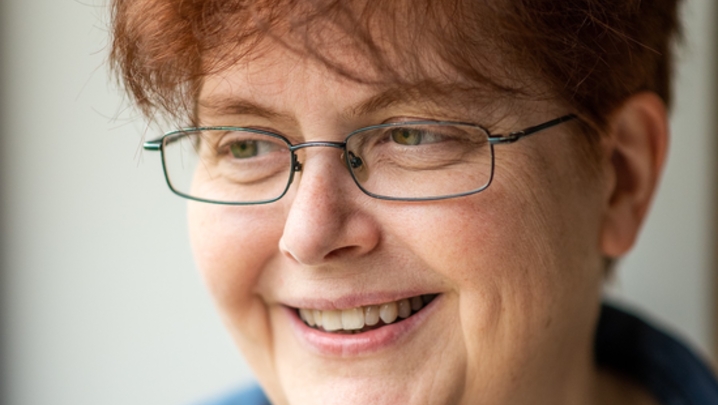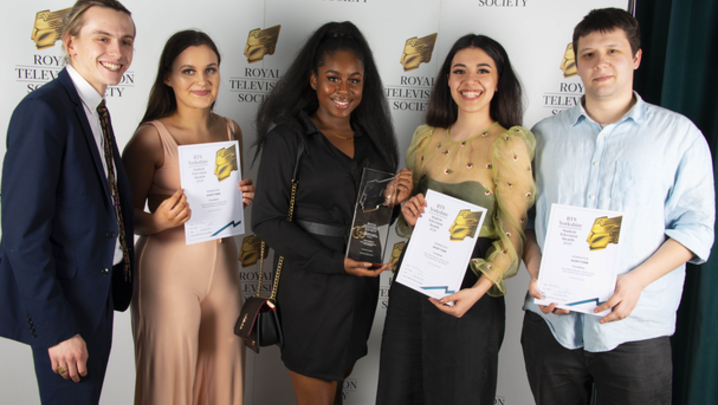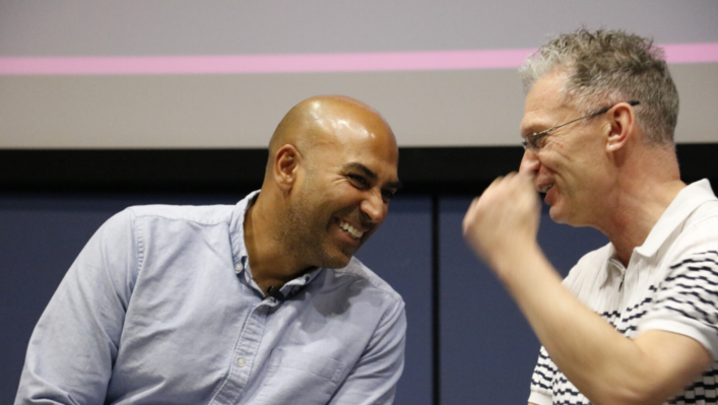Footage from a 1989 episode of Bullseye – sourced from the ITV Archive in Leeds – was used for a key sequence in the recent The Pembrokeshire Murders.
“Being able to access that kind of thing is absolutely amazing,” said Mark Witty, a producer at ITV regional news show Calendar, who was talking at an RTS event on the importance of TV archives in early February.
Sue Howard, director of the Yorkshire Film Archive, said archive content has a variety of values: it is a “key cultural asset”; of commercial value to rights holders; and, for regional collections, it is important for their communities who “identify with it”.
She added: “If we don’t continue to keep it visible, that value will diminish.”
Sue Todd, partnerships manager at the British Film Institute, said her organisation’s current focus is on the “mass digitisation of video tape”.
She summed up the BFI’s overall strategy as “collecting, preserving and making that material accessible”.
Screen Yorkshire chief Sally Joynson identified the biggest challenges facing the screen heritage sector: “We have an explosion of content makers, platforms and producers – how on earth do you chart a course through that new landscape? What do you preserve? Who do you negotiate with? Who is your audience?
“Content made in Yorkshire is produced for audiences across the globe, so the whole basis on which we used to determine what to collect and preserve has changed enormously.”
Looking to the future, BBC News archive manager David Wormstone outlined his hopes for TV archives: “Make it all digital and make it accessible.”
Howard added: “Regional collections are often the most important in the country, because they capture the character of a region. There’s something about the material that is held in those collections that is vital to the cultural and historic history of our country.
“But that material is only of value if it is used and seen by people.”
“Protecting Yorkshire TV’s heritage” was a joint RTS Yorkshire/RTS Archive Group event, chaired by RTS Yorkshire Chair Fiona Thompson and produced by RTS Archive Group Chair Dale Grayson.

